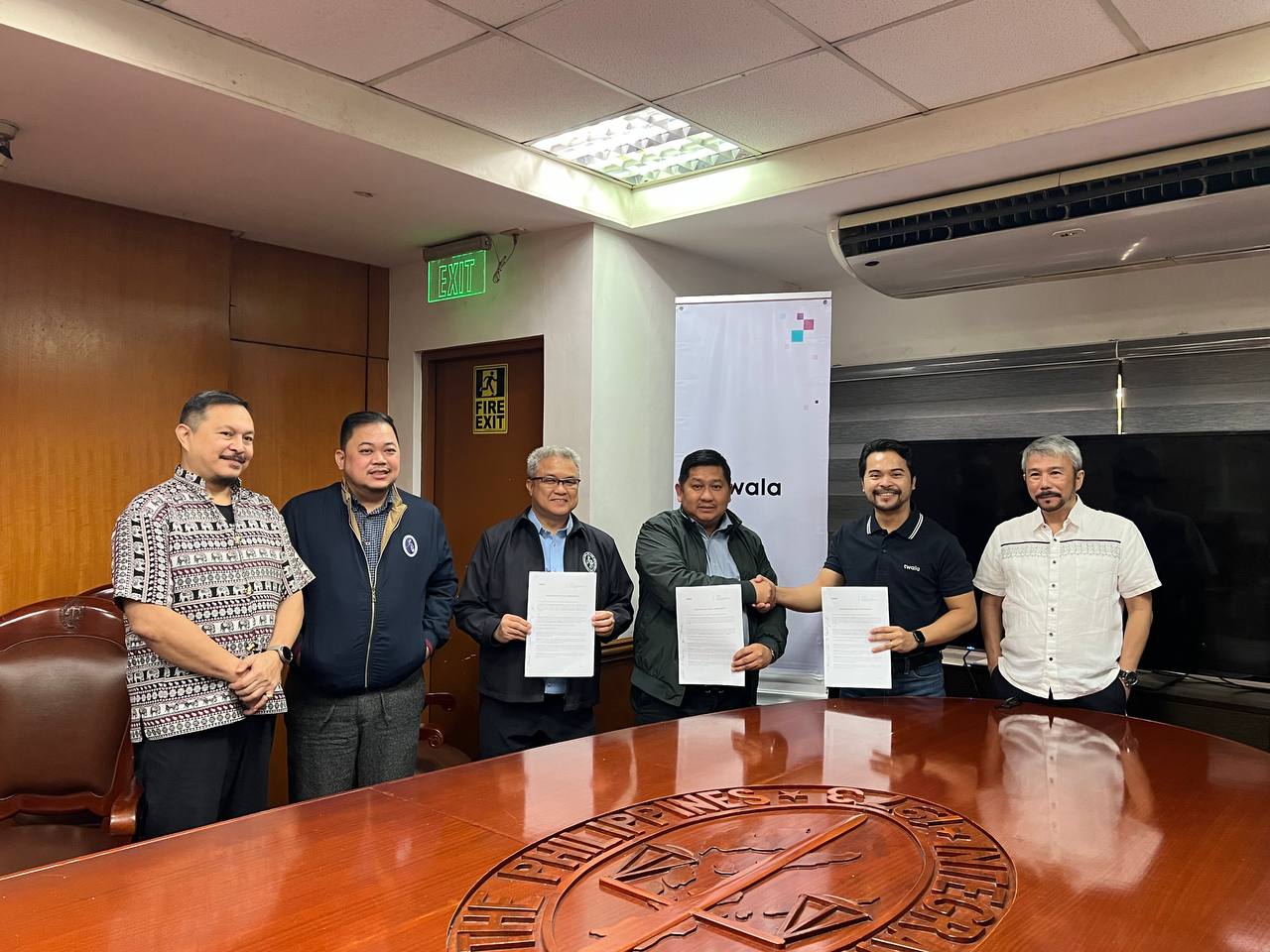As the world moves towards digital solutions, sales teams in the Philippines need to adapt to faster and more efficient methods of closing deals. One key shift is the increasing use of e-signatures to formalize agreements and contracts. However, to ensure compliance and legal validity, it's crucial to understand the country’s legal framework surrounding e-signatures. This guide explains what the E-Commerce Act and Rules on Electronic Evidence mean for sales contracts and how you can securely use e-signatures in your sales process.
Understanding E-Signatures Under Philippine Law
- The E-Commerce Act (Republic Act No. 8792)
The E-Commerce Act of 2000 is the cornerstone law that recognizes the legality of electronic documents and e-signatures in the Philippines. According to the Act, contracts and agreements signed electronically are considered valid, provided they meet certain criteria.
The law defines an e-signature as any electronic method that is used to authenticate or approve an electronic document. This can be anything from typed names at the end of an email to more sophisticated digital signatures that use encryption technology. To be valid, an e-signature must:
- Be linked to the signer in a way that only they could have produced it.
- Be capable of verifying the signer’s identity.
- Ensure that any alteration to the document after signing is detectable.
- Rules on Electronic Evidence (Supreme Court A.M. No. 01-7-01-SC)
The Rules on Electronic Evidence, issued by the Supreme Court in 2001, lay down the admissibility of electronic documents and e-signatures in Philippine courts. This is crucial for sales contracts because if a dispute arises, you need to ensure that your e-signed documents will hold up as valid evidence.
Under these rules:
- An electronic document is admissible if it can be authenticated by proving that it was digitally signed.
- The reliability of the electronic signature can be demonstrated by security measures such as encryption or audit trails.
For sales teams, this means that any contract signed electronically must have a clear and reliable process that links the signature to the signer and ensures the document has not been tampered with.
Key Legal Requirements for E-Signatures in Sales Contracts
To ensure that your e-signature is legally valid, you should follow these key guidelines:
- Identity Verification: The signer’s identity must be clearly verifiable. This can be done through email verification, digital certificates, or any other method that ties the signature directly to the individual.
- Intent to Sign: The signer must express their intent to sign electronically. This can be accomplished through a consent clause, such as “By signing electronically, I agree to the terms of this agreement.”
- Document Integrity: Once a document is signed, it must be protected from tampering. Any changes to the document after signing should invalidate the signature or be clearly detectable.
- Record Retention: Electronic documents and signatures must be stored securely and remain accessible for future reference.
How Twala Ensures Legal Compliance for E-Signatures
Twala, a secure document management platform, offers an e-signature solution that complies with the legal requirements set by Philippine law, ensuring your sales contracts are protected and enforceable. Here’s how Twala meets the key legal criteria:
- Identity Verification Technology
Twala ensures that the signer’s identity is verified using digital signatures powered by Distributed Ledger Technology or DLT. This tamper-proof technology links the e-signature directly to the individual, making it almost impossible to forge or manipulate. Twala also offers additional verification steps, like email authentication, ensuring that only the authorized person can sign the document.
- Document Integrity and Security
Twala uses encryption to safeguard documents during transmission and storage. Its blockchain infrastructure also creates an immutable audit trail, which means that any changes made after signing are instantly detectable. This ensures that your sales contracts remain secure and intact, complying with the integrity requirement of both the E-Commerce Act and the Rules on Electronic Evidence.
- Audit-Ready Documentation
If a sales contract ever faces scrutiny, Twala’s detailed audit trail provides clear evidence of who signed the document, when it was signed, and whether any modifications occurred afterward. This transparency ensures that e-signed documents hold up in legal proceedings, as required by the Rules on Electronic Evidence.
- Legally Binding E-Signatures
Twala’s e-signature technology complies with the requirements set forth by the E-Commerce Act. Its system provides clear mechanisms for users to express their intent to sign electronically, ensuring that each signature is legally binding and enforceable.
- Secure Document Storage
Twala also offers secure cloud storage, ensuring that all your electronically signed documents remain accessible and protected. This is vital for record retention, as sales teams may need to access contracts years down the line, especially for audits or legal disputes.
For sales teams in the Philippines, understanding the legalities of e-signatures is crucial for ensuring that deals are closed smoothly and contracts are enforceable. The E-Commerce Act and Rules on Electronic Evidence provide the legal framework for using e-signatures, and platforms like Twala ensure that your contracts meet these requirements. By adopting e-signatures, your sales team can close deals faster, reduce administrative headaches, and ensure that every contract is legally binding and secure.





.png)
